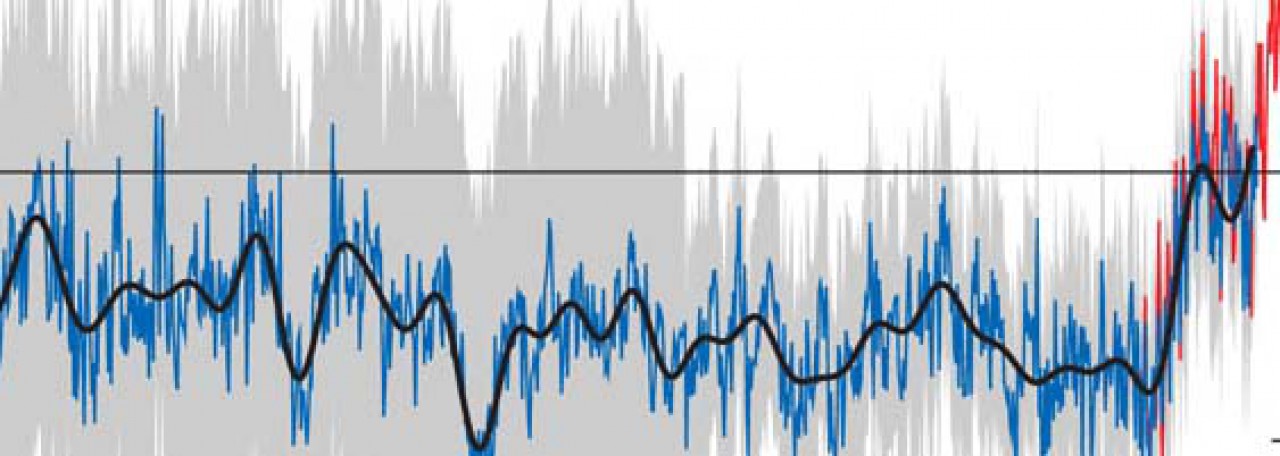I never wanted to write this sentence: All of a sudden Doreen Massey has died on Friday, March 11th.
It is a great loss in so many ways. She was an inspiring intellectual in Geography, for the wider academic community and in large political contexts across the globe. Her work on space, place and power had huge impact on research and debates on uneven regional development and globalisation. Doreen significantly influenced feminist geography, economic geography as well as cultural geography with her understanding of intersected power relations. She introduced conceptual thoughts which have become general knowledge in social sciences through her publication like „Spatial Division of Labour“ (1984) and „A Global Sense of Place” (1991), “Power Geometries“ (1993), “Geographies of responsibility“ (2004), “For Space” (2005) and “World City” (2007). Through her insistence on uncovering and re-thinking geographical imaginaries she has changed research on gender, human/nature, global and cross scale relations as well as many others.
She was a geographer by heart, a brilliant intellectual and a convincing activist. With all her publications, academic and public lectures, interviews, newspaper articles and her courses at the Open University in Milton Keynes she emphasised the relevance to take a global view of space, that space is never static but fluid, open and subjective and exists within time, that places are not fixed but relational. This is not trivial. As it changed our view on cities, climate change, migration and every spatial and social condition. It clarified everybody’s responsibility for geography and the dangerous trend of fetishizing the local. It reminded us to search for alternative geographies.
In her last years Doreen had published the Kilburn Manifesto together with Stuart Hall and Michael Rustin. In it they began to develop an idea of a possible world after neoliberalism by criticizing the vocabulary we use to talk about economy and to unmask the idea of growth as the solution to our problems as ideological. For my work on global division of climate mitigation responsibility, on gender discourses in environmental politics and on urban development all these ideas and arguments were most influential.
With my work and the work of many colleagues all over the world Doreen’s thoughts will live on. I had the chance of a long lasting exchange with Doreen, which started with her participation in the annual Doreen Massey Reading Weekends together with a crowd of German-speaking feminist geographers in 1999 (see “A kind of queer geography”, 2006), continued by several gatherings in London. I will deeply miss her electrifying enthusiasm and her energy to fight for a just society.
Sybille Bauriedl
